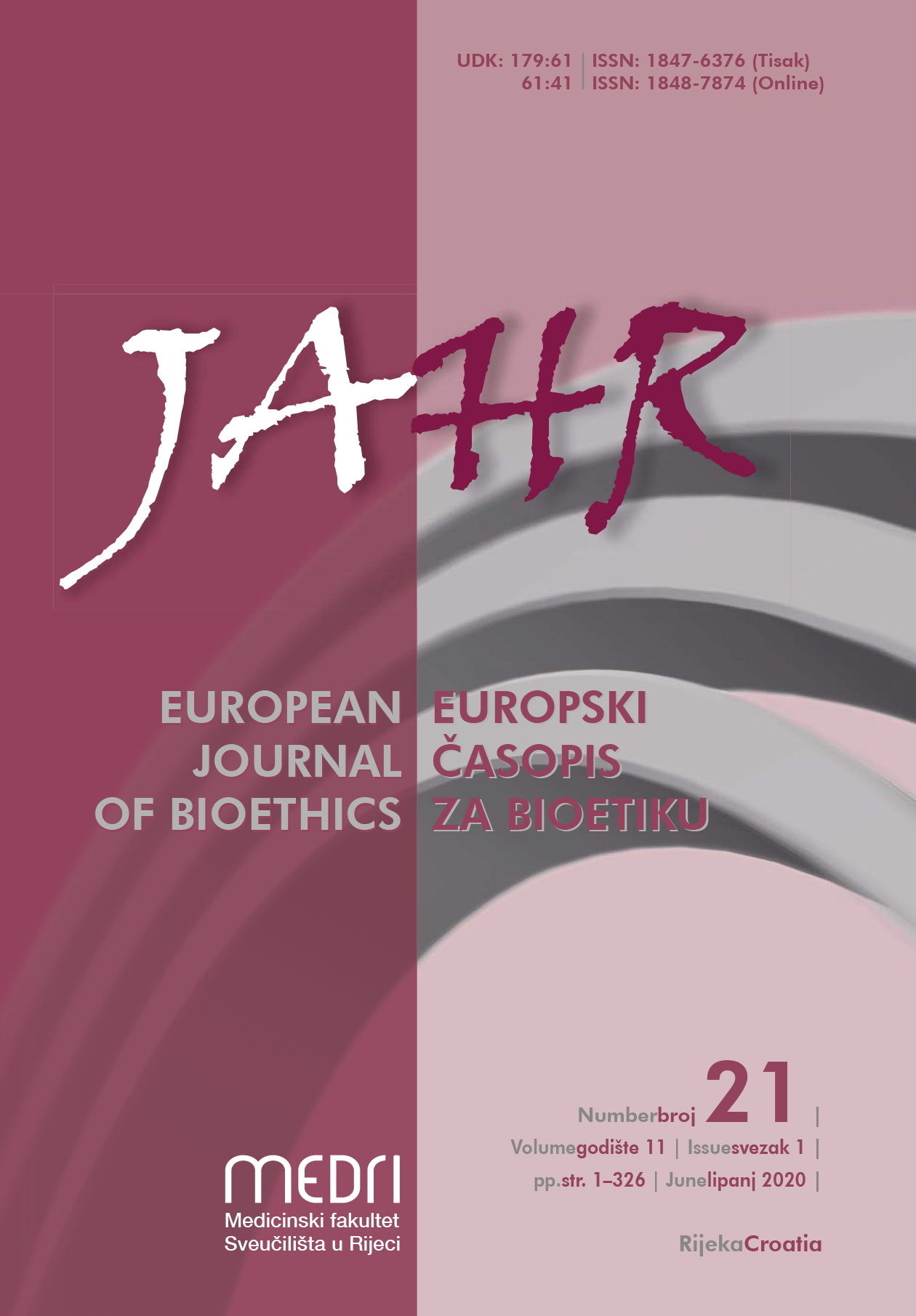Space and Ethos; Fostering Supranational Citizenship in Urban Bioethics
Keywords:
Ethos, public space, culture, synchoresis, citizenship, collective memoryAbstract
https://doi.org/10.21860/j.11.1.6
The article examines the inextricable conceptual connection of space and ethos with culture and citizenship. It claims that the city is a prominent space for deploying citizens’ codes of conduct, taking into account the particularities of all groups. It also suggests ways of academic activities, like the introduction of bioethical principles in schooling of the young parts of the population, in the education of a new generation of building industry professionals, and the underline of the role of bioethics in understanding the interactions between the built environment and health, human well-being, productivity, energy use and environmental crisis. The article contains urban space snapshots in order to illustrate the phenomena and it also refers to Thessaloniki, a Northern Greece city, mentioning the conduct of inhabitants or, works of the authorities, who viciously offend city’s memory traces and culture. Finally, it suggests a list of ten points to develop our understanding why Space and Ethos are inextricably and culturally bound as a basic bi-pole of Urban Bioethics and thus promote supranational standards of European citizenship. These ten points are certainly relevant and useful to the discussion of the topic, but vary in depth and domain.
Downloads
Published
Issue
Section
License
Authors who publish with this journal agree to the following terms:
- Authors retain copyright and grant the journal right of first publication with the work simultaneously licensed under a Creative Commons Attribution License that allows others to share the work with an acknowledgement of the work's authorship and initial publication in this journal.
- Authors are able to enter into separate, additional contractual arrangements for the non-exclusive distribution of the journal's published version of the work (e.g., post it to an institutional repository or publish it in a book), with an acknowledgement of its initial publication in this journal.
- Authors are permitted and encouraged to post their work online (e.g., in institutional repositories or on their website) prior to and during the submission process, as it can lead to productive exchanges, as well as earlier and greater citation of published work (See The Effect of Open Access).



